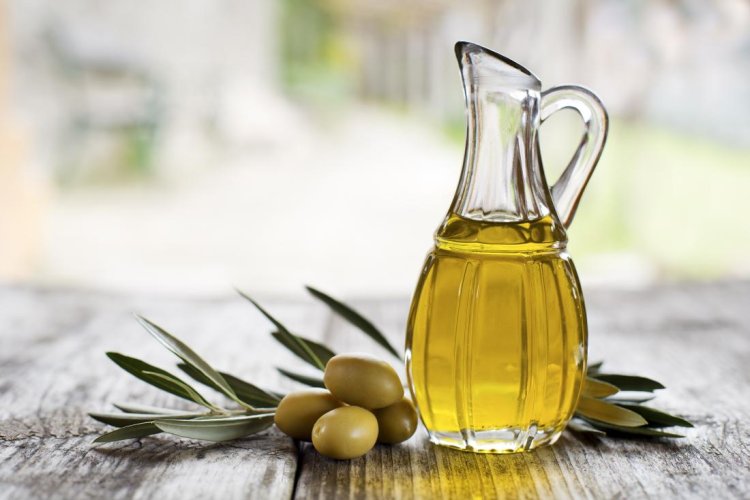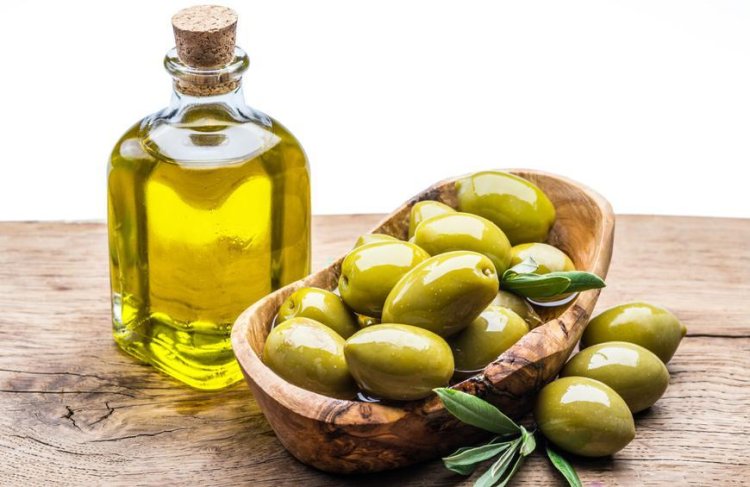Benefits of using olive seed oil for your skin
Due to its immense health benefits, olive oil was famously referred to as liquid treasure in ancient times. Here are five benefits of using olive seed oil for your skin.

Due to its immense health benefits, olive oil was famously referred to as liquid treasure in ancient times. Olive seed oil, which derives from the olive trees of the Mediterranean region, inherently contains beneficial fatty acids. Olive oil's properties, such as antioxidants and vitamin E, help our bodies fend off infections, hydrate skin cells, promote healing, and improve the appearance of our skin. The seeds or pits of olives are the source of olive seed oil, also known as olive kernel oil or simply olive oil. Vitamins, antioxidants, and healthful fats abound in it, making it beneficial for skin health.

Here are five benefits of using olive seed oil for your skin:
Benefits of using olive seed oil for your skin
1. Moisturization:
Olive seed oil is a highly effective natural emollient. Its high oleic acid content helps to seal in moisture, keeping skin hydrated and preventing flaking and dryness. Regular use can leave your skin soft and supple.
2. Antioxidant Protection:
Olive seed oil contains numerous antioxidants, such as vitamin E and polyphenols. These antioxidants help combat free radicals, which can cause skin injury and premature aging. In addition, they contribute to a youthful, luminous complexion.
3. Anti-Inflammatory Properties:
Olive seed oil contains oleic acid and other anti-inflammatory compounds. This can help soothe and pacify skin conditions such as redness, itching, and minor rashes that are irritated or inflamed.
Also read: Why consuming Sugar is bad for health?
4. Skin Barrier Enhancement:
Olive seed oil's fatty acids can enhance the skin's natural barrier. This serves to prevent moisture loss, protect the skin from environmental stressors, and maintain its overall health.
5. Wound Healing:
Due to its anti-inflammatory and antimicrobial properties, olive seed oil has been used traditionally to promote wound healing. It could aid in the healing of minor wounds, scratches, and abrasions.















